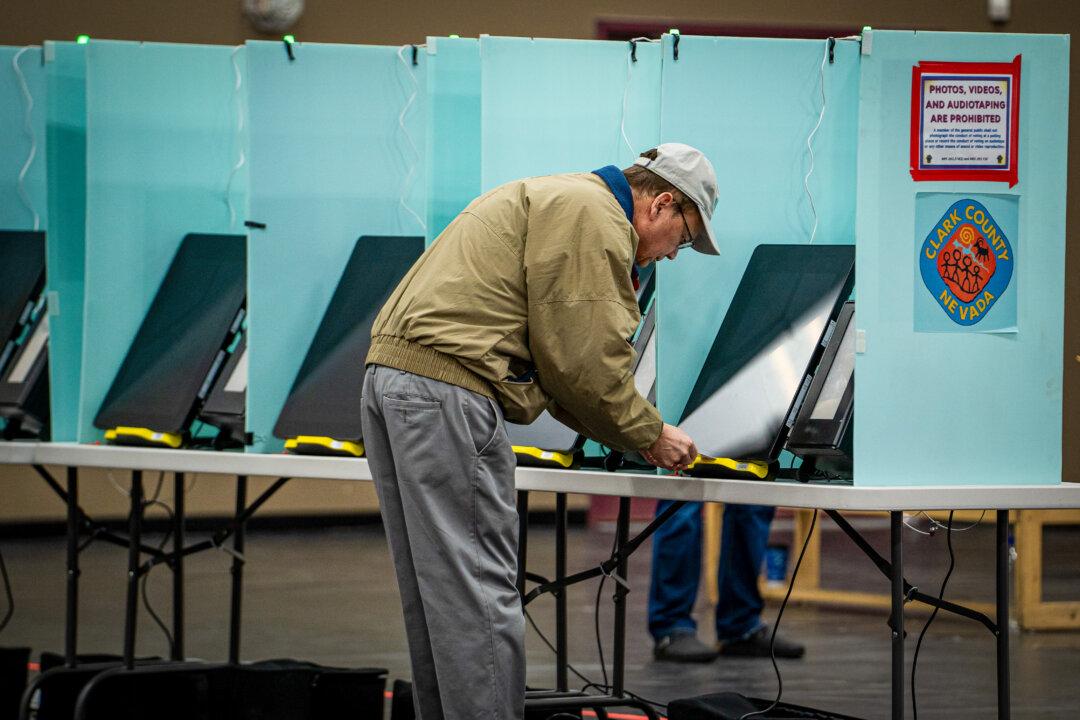One Nevada judge has upheld a ballot initiative to require voters to show ID, while another judge rejected a plan to establish an independent redistricting commission.
In a March 6 order, state District Judge William Maddox ruled that Nevada residents can vote on whether the state will enact voter ID requirements.





